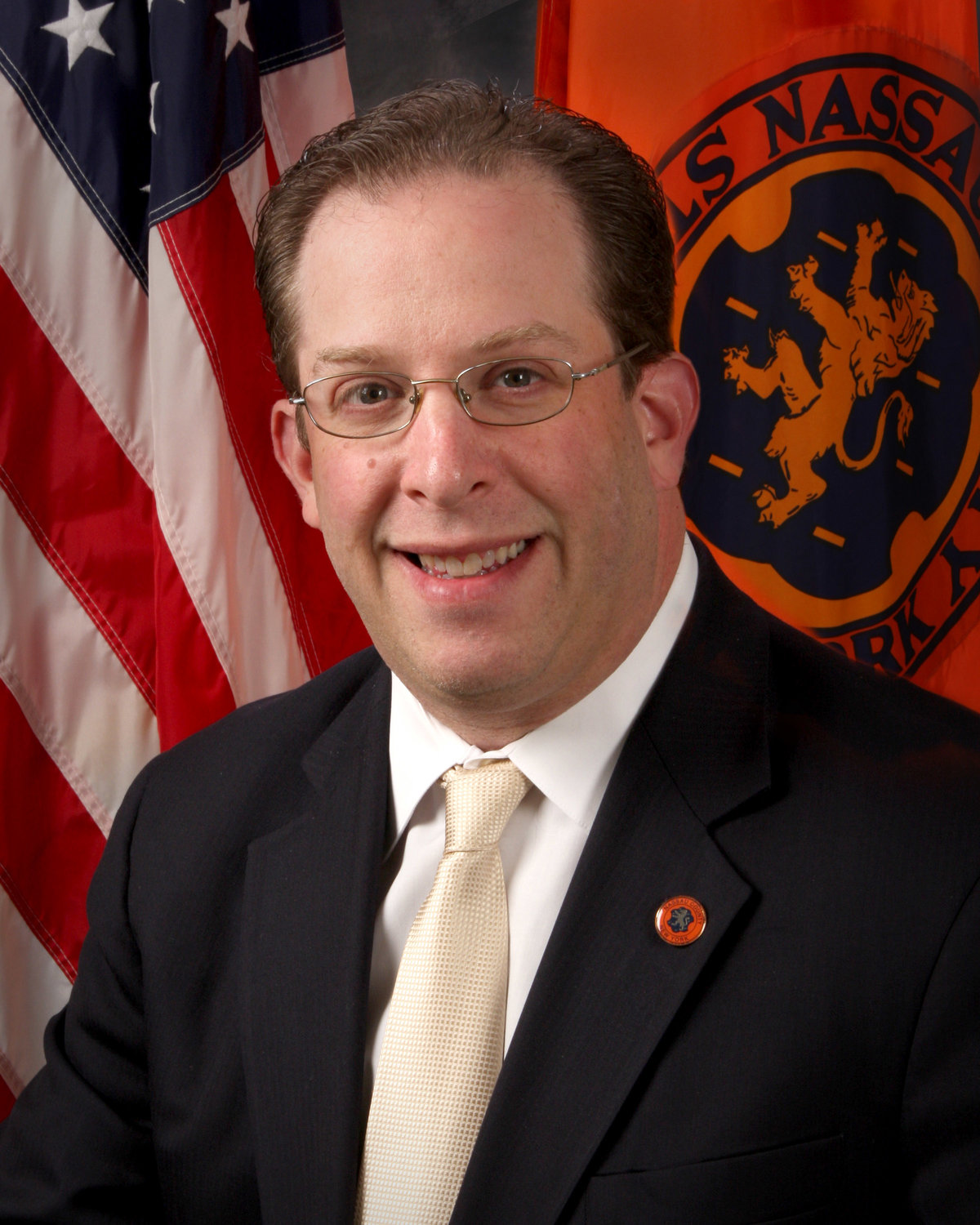So now that you’re vaccinated . . .
I applaud the Centers for Disease Control and Prevention’s recent guidance update recommending that people who are fully vaccinated not be confined to quarantine after exposure to a case of Covid-19. Becoming fully vaccinated provides many with a sense of liberation, but it also comes with a deep social responsibility.
According to published research, full vaccination — defined as two weeks after the second dose of either the Pfizer or Moderna vaccine — virtually eliminates a person’s chance of dying from the strains of the virus we are currently likely to encounter. The vaccines provide excellent protection for most people from even contracting it.
Nonetheless, a small percentage of vaccinated people will still come down with Covid-19. And researchers continue to study whether someone who has been vaccinated can transmit the virus to others. While I think they will ultimately find at least some protection against transmission, we can’t yet quantify the risk. Until we have these answers, vaccinated people must assume the responsibility of ensuring they don’t inadvertently spread the virus. Our knowledge of Covid-19 is expanding rapidly, and science should guide our policymaking.
The new CDC guidance is important not because it’s a get-out-of-jail-free card — it isn’t — but because of the accompanying explanation. The agency didn’t just issue a blanket statement that vaccinated people don’t need to quarantine after exposure; rather, it gave an important medical explanation. It acknowledged that the risk/benefit ratio, a cherished tenet in medical evaluation, shifts after people are vaccinated. They aren’t completely free of the possibility of contracting or transmitting disease, but the odds of doing so change.
We should acknowledge and even celebrate the fact that vaccinated people are highly unlikely to die of the current predominant strains of Covid-19. But we don’t yet know how long the post-vaccination protection lasts, so the CDC set the quarantine-free policy at 90 days — a period supported by science — as long as people have no symptoms following their exposure.
Quarantine, the taking away of someone’s freedom in the interest of protecting the public’s health, must be ordered responsibly. A careful evaluation of the risk/benefit ratio is the correct way for public health policymakers to proceed. I believe the next step should be a lifting of the domestic travel quarantine for New Yorkers who are fully vaccinated. If we are no longer quarantining fully vaccinated people with a known exposure, why would we take away their freedom just because they’ve traveled — including those with no known exposures?
Using good science, we might find that some locations have more dangerous variants. In those cases, quarantine might become necessary, even for fully vaccinated travelers.
I get asked all the time when I think we will return to life as we knew it before the pandemic. We aren’t going to just flip a switch, and parts of our new normal might be here to stay. I for one will always wear a mask on a plane, because the benefit of not getting sick with Covid-19, influenza or any respiratory virus that could ruin my vacation far outweighs the tiny cost of wearing that mask.
To get back to life as we knew it will require a stepwise series of policy decisions based on benefit outweighing risk, each getting us closer to that light at the end of the tunnel. We don’t have all the answers regarding Covid-19 transmission or variants yet. Until we do, County Executive Laura Curran and I continue to remind residents that it is vital for fully vaccinated people to strike a balance between the activities that become relatively safer following vaccination (reflected in the CDC’s new policy) and the necessary social responsibility for vaccinated people to continue taking protective measures.
They should protect themselves and their communities by wearing masks, social distancing, and staying home and getting tested when they feel ill. Fully vaccinated people should be comforted, even liberated by the knowledge they will surely survive even if they catch Covid-19. They can enjoy that luxury while protecting their neighbors and loved ones until everyone experiences the exuberance of immunity.
Dr. Lawrence E. Eisenstein is the Nassau County commissioner of health.

 45.0°,
Partly Cloudy
45.0°,
Partly Cloudy 




